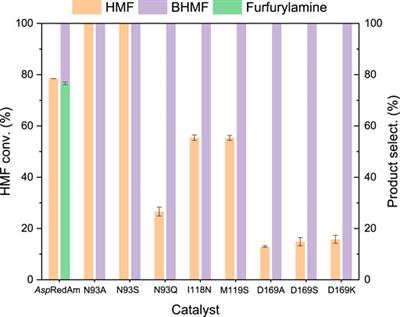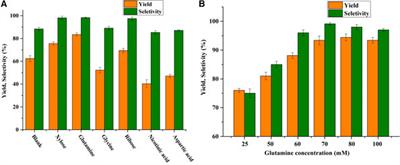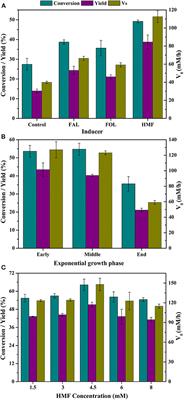ORIGINAL RESEARCH
Published on 13 May 2021
Engineering Promiscuous Alcohol Dehydrogenase Activity of a Reductive Aminase AspRedAm for Selective Reduction of Biobased Furans

doi 10.3389/fchem.2021.610091
- 2,849 views
- 9 citations
3,017
Total downloads
13k
Total views and downloads
ORIGINAL RESEARCH
Published on 13 May 2021

ORIGINAL RESEARCH
Published on 07 Apr 2021

ORIGINAL RESEARCH
Published on 03 Feb 2021

ORIGINAL RESEARCH
Published on 25 Sep 2020
